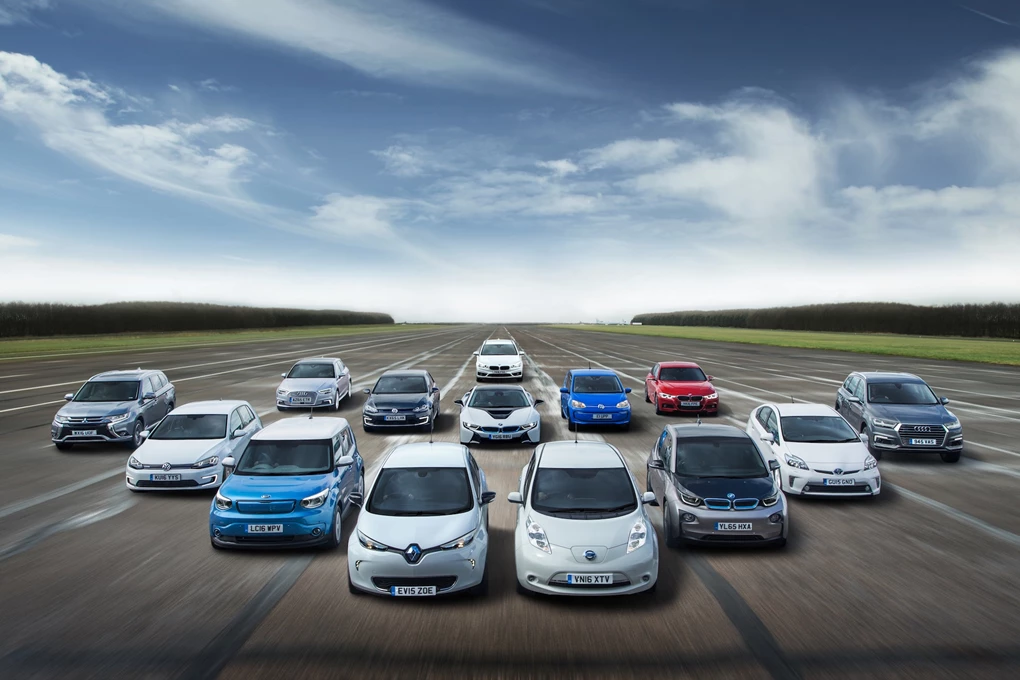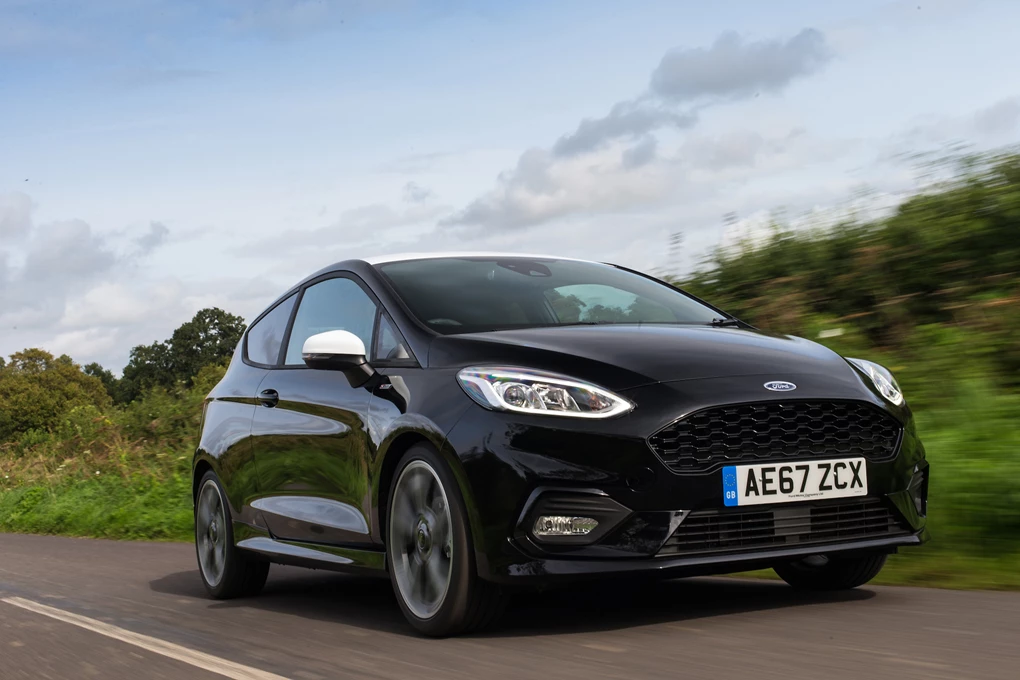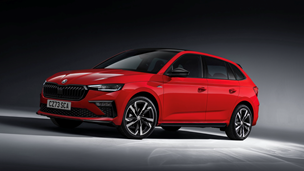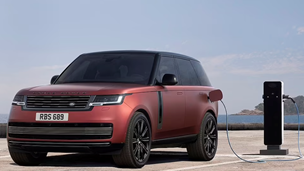We’re coming to a crossroads in motoring, where electric cars are becoming more viable as a day-to-day vehicle and are much cleaner to drive and own than standard internal combustion engine-driven (ICE) cars.
However, the electric car isn’t quite at the same level as its petrol-powered counterpart just yet in certain area.
But if you’re buying a car now, what sort of powertrain should you be looking at? We weigh up the pros and cons of both electric and petrol cars to see which is best.

Buying
At the moment, the amount of petrol vehicles available massively outweigh the pure electric options – meaning you have much more choice and you are more likely to select the car that suits your style of driving in petrol form than electric.
Purchase costs are also lower for the majority of petrol models compared to similar EVs. For example, when you compare the Volkswagen Golf to its e-Golf sibling, the standard Golf is £9,000 cheaper to buy compared to its all-electric rival – even when you take into account the government plug-in car grant. Although EV costs are coming down, they are still considerably higher than comparable petrol models.
Running Costs
This is where electric vehicles start to claw it back though, as in terms of ownership, you can run one for much less than a standard ICE car. Starting with road tax, which is based on the emissions from your vehicle – electric vehicles don’t produce any – so don’t need to pay road tax, and no petrol car can match that.
Depreciation is in favour of the petrol car, though, as there are more on the road and are currently in higher demand due to the infrastructure and overall practicality in their favour.
Battery rentals can also torpedo the chance of cheaper running costs for electric vehicles
But one of the largest plus points of the electric car is the fuel bill. As petrol prices continue to creep up, electric vehicles make much more sense as you can just plug them in at home and let the batteries charge while you sleep. However, there are petrol vehicles with excellent fuel economy, such as the Ford Fiesta EcoBoost and Volkswagen Polo BlueMotion, which have excellent returns and can make a lot of sense in the real world. But, as the infrastructure for EVs continue to grow, they will make much more sense – even if motorists can be struck down with a bit of range anxiety if you aren’t near a charging point.
Save money on a new car today
Servicing
Another point goes to electric cars here, as they have very few moving parts, which means less can go wrong. Although servicing pricing can vary due to the complexity of the vehicle, on average costs are much lower for EVs than ICE vehicles. This helps in the running cost department, too, as you don’t have to change engine oil, filters and other parts as often due to much reduced wear and tear.
Practicality
This depends on what sort of model you are looking for, but there are good options on both accounts. You have more variety with petrol vehicles and are more likely to find what you’re looking for. But electric vehicles don’t have space taken up by a bulky combustion engine under the bonnet – meaning you can use it for storage space. EVs can also be packaged differently to optimise the dimensions on offer as they don’t have to factor in as many mechanical features as a petrol vehicle.
There are some EVs, however, that require the batteries to take up a lot of space that could be used for storage and that can vastly reduce practicality. But with electric vehicle options currently limited, it will take a few years for electric vehicles to completely catch up on this front.
Driving
As it stands, petrol cars have the advantage – as range isn’t as much of a limitation here as it is for electric vehicles. The technology involved in batteries and electric vehicles is still behind ICE models in terms of real-world driving, but in time it will be on the same level. Even the most popular electric vehicle, the Nissan Leaf, has a range of only 168 miles – much less than petrol cars get on a full tank. But more premium models such as the soon-to-be-introduced Jaguar I-Pace has a quoted range of 300 miles – something that is much more comparable to a conventionally-powered car. However, with good range comes a high cost, and when it comes down to it, is where electric vehicles – for now – will struggle.

Verdict
Whether you choose petrol or electric is down to the type of driving you’re doing. For example, urban motorists should go an electric vehicle due to reduced emissions and the likelihood of an electric charging point being in range, but petrol vehicles can go further and are much more useful on the open road – especially if you do long distance driving on a regular basis.
For us, petrol vehicles only just edge it, but electric cars are beginning to make more sense as infrastructure improves and the technology involved with them advances. They are also beginning to feel more like standard cars as they develop. Range and model options keep the nose of petrol vehicles ahead – but by a very small margin. Give it a year or two, and electric vehicles will be ahead of the game.
Find great car deals here



